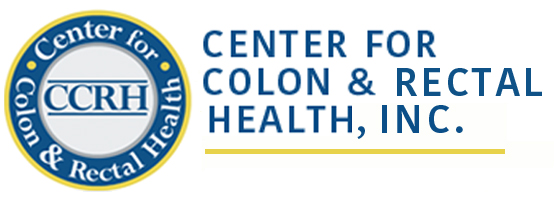Abnormalities in some of the genes in colon cells that control cell growth and death can cause colon cancer. Mutations may occur in a particular gene which is inherited or passed from parent to child. There are several different types of colon cancer that are hereditary. The most common are:
Familial Adenomatous Polyposis (FAP)
Familial Adenomatous Polyposis (FAP) is a rare inherited condition that is caused by a defect in the adenomatous polyposis coli (APC) gene. Most people inherit the genetic abnormality from a parent. Non-cancerous polyps usually start growing in the colon and rectum during the teenage years. If left untreated, the polyps will most certainly turn to colon cancer.
Hereditary Nonpolyposis Colon Cancer (HNPCC)
HNPCC is caused by an inherited mutation or abnormality in genes that normally repair our body’s DNA. There are at least five of these genes, known as mismatch repair genes, that are associated with HNPCC. If genetic damage is not repaired, cancer can occur. When an individual has an inherited gene mutation, it is present in the cells of all organs of the body. This makes it easier for other cancers to develop, such as cancer of the uterus or ovaries, gastrointestinal tract (stomach, small intestine, and pancreas), urinary tract, kidneys, skin or nervous system.
Screening Options
You should meet with a colon and rectal surgeon at the Center for Colon & Rectal Health. Families with a higher incidence of colon cancer should be screened more than the regular population. If you’re not in one of these genetic families, but your mother or father had colon cancer, you might consider colon and rectal cancer screening 10 years before the onset of their cancer. For instance, if they were 50 years old when they developed colon cancer, you should start your colon and rectal cancer screening at age 40.
More Information
Our goal is to provide you with a safe and comfortable environment. Every patient is different. We strive to offer you the most accurate and effective treatment options.
Please contact Bucks County’s premier colorectal group to schedule an appointment and to learn more.
St. Mary Medical Center
St. Clare Medical Building, Suite 130
1203 Langhorne-Newtown Road
Langhorne, PA 19047
215-741-4910


